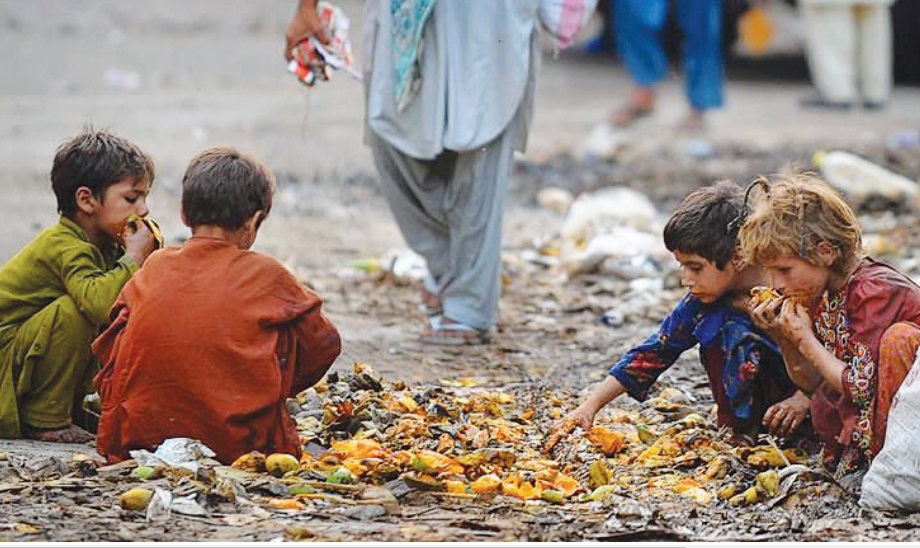When nominal requirements are insufficient
Our religion is not just about fulfilling rituals. St. James in his letter tells us that faith alone is not enough. Faith must produce fruit in active works of love.
Dec 11, 2021

Reflecting on our Sunday Readings with Fr Joseph Arulnathan
3rd Sunday of Advent (C)
Readings: Zephaniah 3:14-18a;
Philippians 4:4-7; Gospel: Luke 3:10-18
There was once a graduate from a Catholic college who was being initiated into a Catholic organisation. He was asked: What is the most important requirement of our faith? Without hesitation he replied, “Going to Mass and receiving Holy Communion.” Maybe this is what many of us would have said.
Well, these are indeed the requirements of every Catholic. But this is not enough. These are only nominal requirements. In today’s Gospel, John the Baptist is saying that if our religion is a matter of just churchgoing, reciting memorised prayers learned years ago, and performing a list of minimum obligations, then we are just following the minimum requirements and our faith is still at the infant level. In other words, we have not grown.
The people who were following John may have thought that receiving baptism from John was enough. But John tells them, “Let the man with two coats give to him who has none’. The man with food should do the same, “to the tax collector exact nothing over and above your fixed amount.” To the soldiers he said, “Do not bully anyone.” Luke does not mention the reaction of the people, but perhaps they were surprised by John’s simple answers. They would have to do fasting or make large contributions to their synagogue.
John warned them that being Abraham’s children (they were Jews) was not enough. That means that just because they are Abraham’s children, things are not automatic. They had to produce good fruits as evidence of their repentance. John the Baptist counsels us today that our faith must be tangible. It must be productive and bear fruit. The unproductive tree is cut down and thrown into the fire. Just praying is not enough.
People must prove their change of heart and mind in their day-to-day life. They must attend to the poor, to the needy. That’s why he says, whoever has two shirts must give one to the man who has none, and whoever has food must share it.
The tax collectors, while not told to abandon their livelihood, are asked to stop abusing the people by collecting more than what is prescribed; and soldiers who are armed and supposed to impose the hard law must avoid exhortation and false witness.
These are words uttered some 2000 years ago by John the Baptist, who did not mince words to comfort the poor and afflicted and afflict the comfortable. He was a true prophet. The comfortable who heard his words were disturbed by his harsh words. That is why they asked, ‘What we must do?’
Perhaps sometimes we wonder where we can find God in our life. And how we can come closer to Him. John the Baptist may tell us the same thing. Show our faith in action. It is not just praying, fasting, fulfilling our days of obligation and so on. It is more than that. There must be some kind of radicalism in our lives as Christians, as disciples of Christ. We cannot just do the minimum. We need to walk the extra mile.
Our religion is not just about fulfilling rituals. St. James in his letter tells us that faith alone is not enough. Faith must produce fruit in active works of love. Faith without love is dead. We need to show our faith, as a witness of Christ to others. Our faces must glow with the love of Christ, we must show the vibrancy of Christ in our lives. We need to reach out to others. Our baptism is not a passport to heaven. God will want to see what we have done in terms of the following:
1. Reaching out to the poor.
2. Developing our own understanding of our faith.
3. Going out of the church for mission.
Today we are called to examine our attitudes, examine our lifestyle. Does it go against Christ’s values of love, fellowship, honesty and justice? This examination has to be done according to one’s profession or state of life. We need to ask ourselves, “what should I do to really live a Christian life as a father, mother, as son or daughter, as an employer, as a worker, student, doctor, nurse teacher, as a lawyer, as a leader, as a priest and religious?”
Our faith needs prayer and participation in the rituals and sacraments, but it needs more. We need to go forth and proclaim Christ to the world.
--Fr Joseph Arulnathan is from the diocese of Penang. He is currently the parish priest of the Church of St Anthony in Nibong Tebal.







Total Comments:0